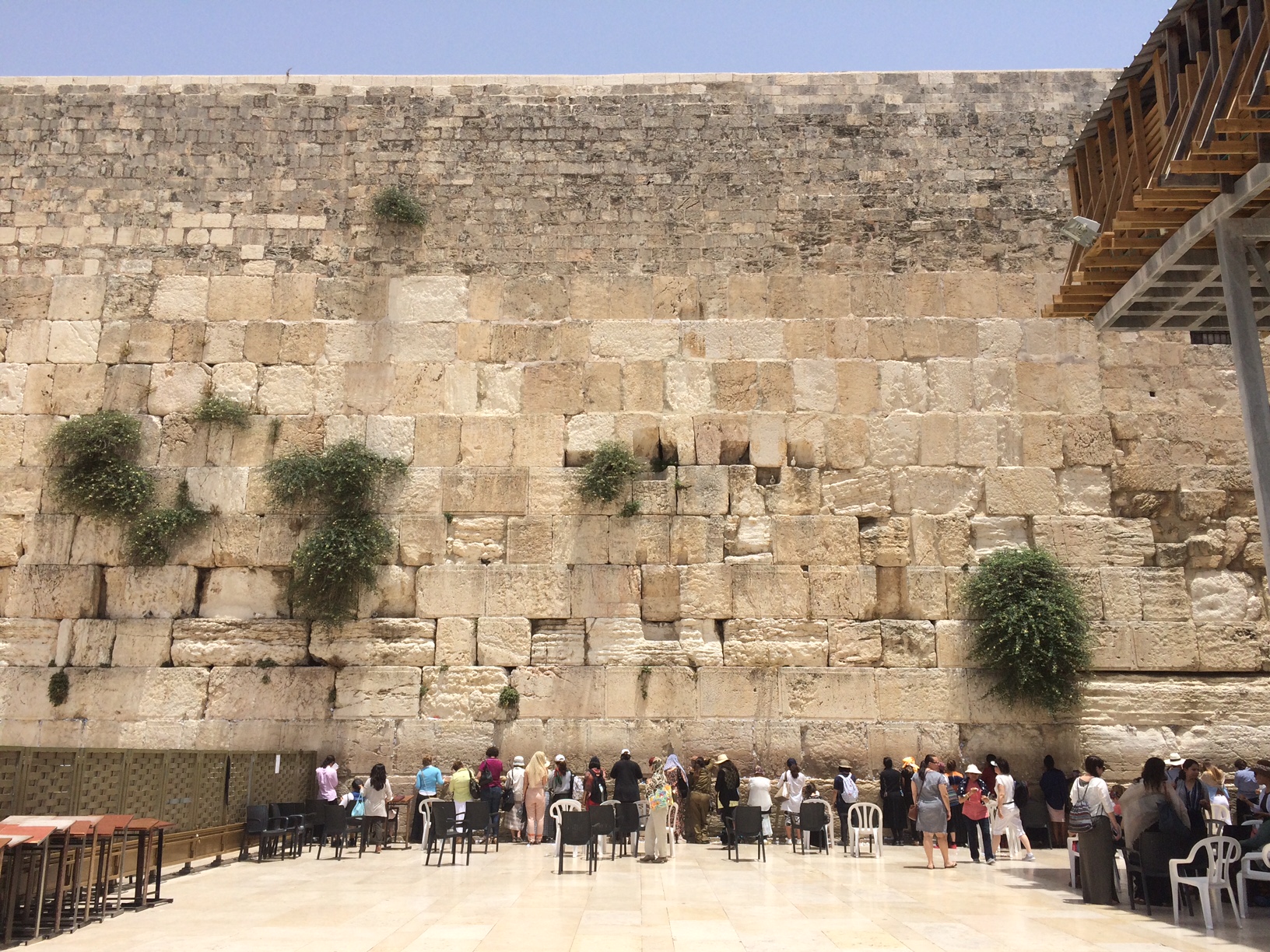Growing up, I knew my family was different than the others in my metro-Detroit predominantly white, Christian suburban community—I just didn’t know that some people would inherently hate me for it.
My father is as Michigan as they come. A good Catholic boy, his grandparents immigrated from Poland to the United States, and his mom worked a forklift in a Ford factory. My mom is the opposite of a traditional Michigander, in fact she is a New Yorker from Long Island and was raised Jewish. When I was younger, I liked that my family was unique. With a Catholic Dad and a Jewish Mom (who became a Christian when I was young) my family ended up going to a Presbyterian church for most of my life—because our family motto was “you go where you grow”. But even though my mom became a Christian, we still recognized some Jewish holidays and traditions. It wasn’t until I was a little older that I realized not everyone had matzo ball soup when they were sick, or sprinkled Yiddish into their everyday vocabulary.
I started to connect more with my Jewish heritage when I went to college and was all of a sudden in a community where there was more than one other Jewish person (shout out to Ellie, the only other Jew I was aware of in Plymouth). Then, to learn more I went to Israel for the first time this year through the nonprofit Birthright Israel. The experience was transformative, and I felt more connected and curious than ever about my Jewish roots.
When I moved again, this time to Detroit, I decided to do some research on the history of Jewish people in the city. I found out that we have been here since the mid-1700s, and were firmly integrated into the labor movement in Detroit in the 1920s. I also learned that while racism and anti-Semitism pervaded the United States, Detroit had a reputation for being specifically malevolent towards Jewish people. There were anti-Semitic national radio broadcasts hosted by Father Charles Coughlin, and Henry Ford started an anti-Jewish newspaper campaign in the Dearborn Independent, which eventually became a book called The International Jew, which he gave out for free at all of his Ford dealerships. Furthermore, the department store J.L. Hudson’s had a sign that said “only Gentiles need apply,” public swimming pools did not allow Jews, and neighborhoods like Pleasant Ridge and Grosse Pointe had restrictive covenants that did not allow Jews to apply to rent or purchase a home.
My growing awareness of the Jewish aspect of my family history, as well as my knowledge about Jewish life in America, has made me hyperaware of how our society still looks at those who are not a part of the preferred majority. Whether I hear someone say they were “Jewed” out of their change, or if someone asks me “what type of Jew” I am, I’m now more tuned in to and carefully listening to the subtle (and not so subtle) references and anti-Semitic behavior that surrounds me.
Although it has been 72 years since the end of World War II, the same ideals that the Nazi Party drilled into peoples’ minds remain today. Tolerance and acceptance is pivotal to any community trying to grow and prosper, but the current political climate is strengthening the fervor of those who are terrified of and discriminatory against those different from them. The Holocaust, massive restrictions on Jewish refugees entering the US before, during and after World War II, Japanese American internment camps and more stemmed from the escalation of race hatred and abuse of the law, and I fear that history is repeating itself.
Detroit, like many parts of the United States, is a great mix of people from different religions, cultures and communities. They may not coexist perfectly, they may be unsure of those who are different than they are, but exploiting this anxiety is not going to help pave the road towards progress. In the words of Susan Pollack, a Holocaust survivor, “[hate propaganda] starts as a small stream, but then it has the potential to erupt—and when it does, it’s too late to stop it.”
During World War II, many European Muslims took action to protect those fleeing prosecution. Check out an article about it here.
Also, if you’re looking for ways to take action, check out this article.
Sources:
http://www.jewishvirtuallibrary.org/detroit-jewish-history-tour

